Growing Soybeans
All Growing Soybeans Content
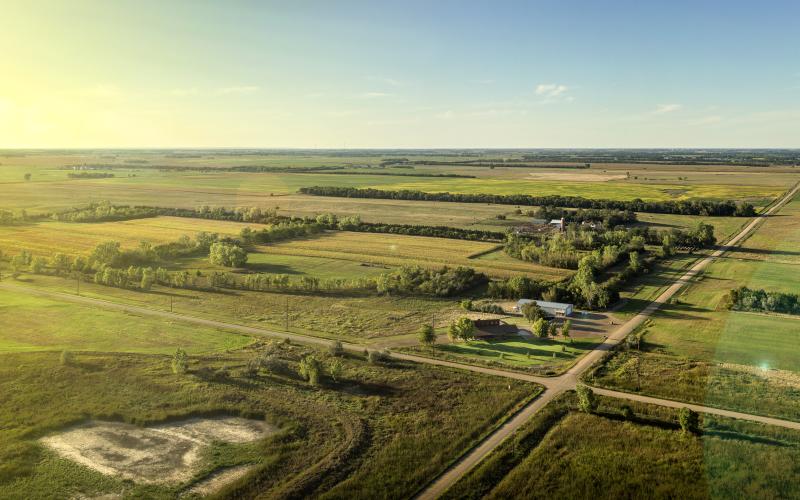
Crops
During the growing season, SDSU Extension provides weekly production recommendations.

Cover Crops
The benefits of planting cover crops are numerous.
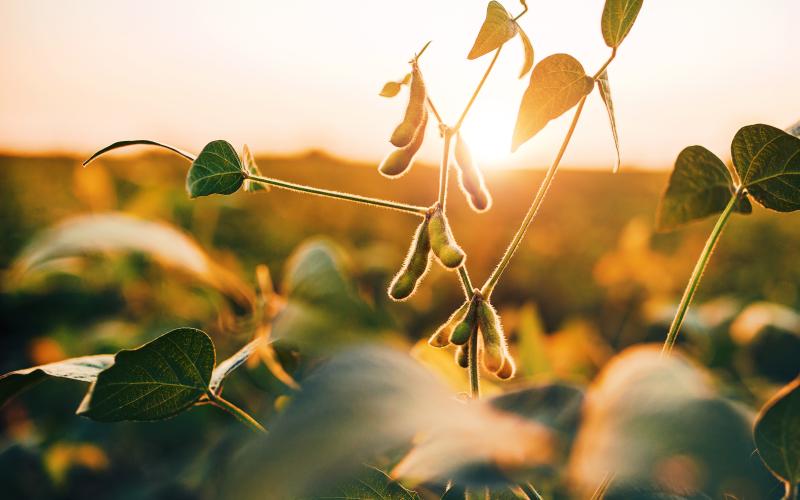
Soybean
SDSU Extension is your partner to increase yields and improve efficiency.

Soybean Variety Trial Results
Conventional soybean and soybean variety testing results for different locations across South Dakota.

Integrating Precision Ag Tools for Smarter SCN Assessment and Management
Fact sheet on integrating Precision Ag tools for Soybean Cyst Nematode (SCN) assessment and management
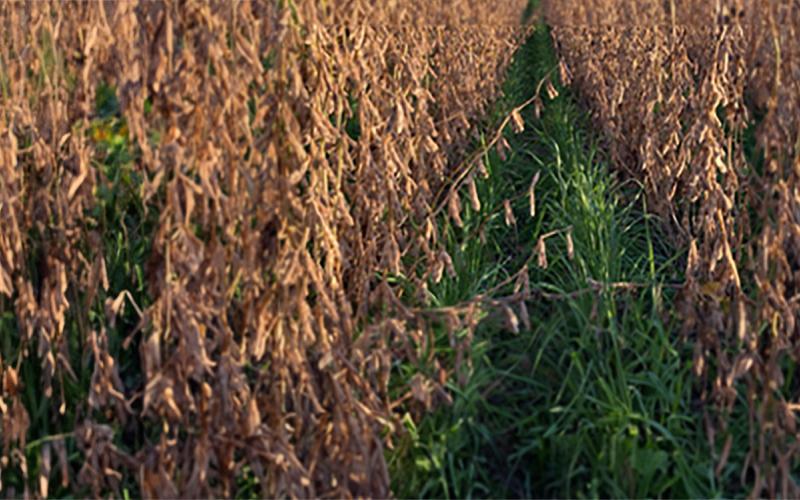
Inter-Seeding Cover Crops into Soybean
Recent studies have investigated the soil health and yield impacts of inter-seeding various cover crops into soybean plantings.
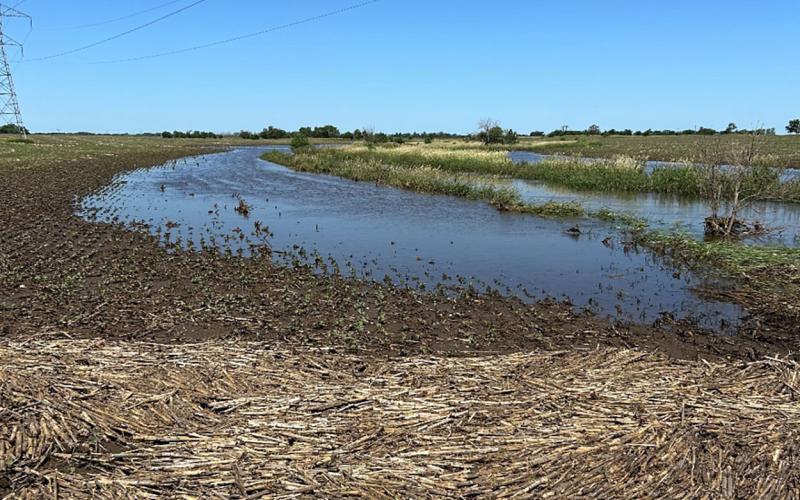
Replanting in Flooded Soybean Fields
If you have large, flooded areas where soybeans have died this summer and herbicides are limiting your replant options, consider trying late-maturing soybeans as cattle feed this year.
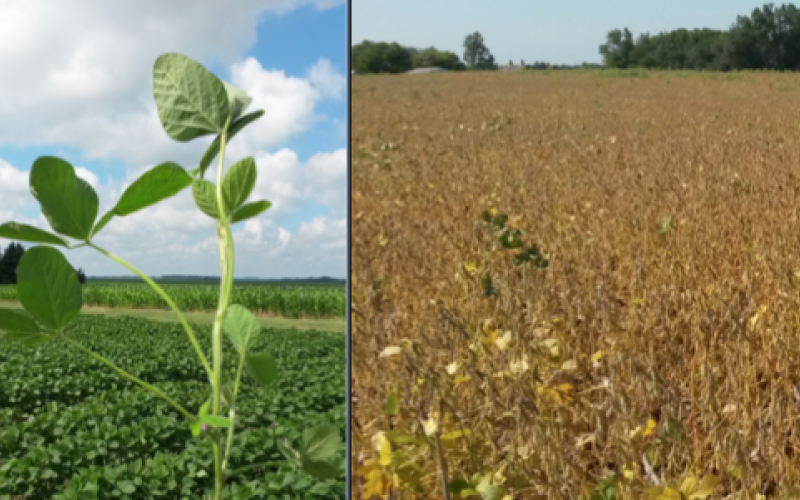
Soybean Physiology: Reproductive Stages
As soybean fields in the region are rapidly heading towards maturity, we will discuss soybean reproductive stages in this article.
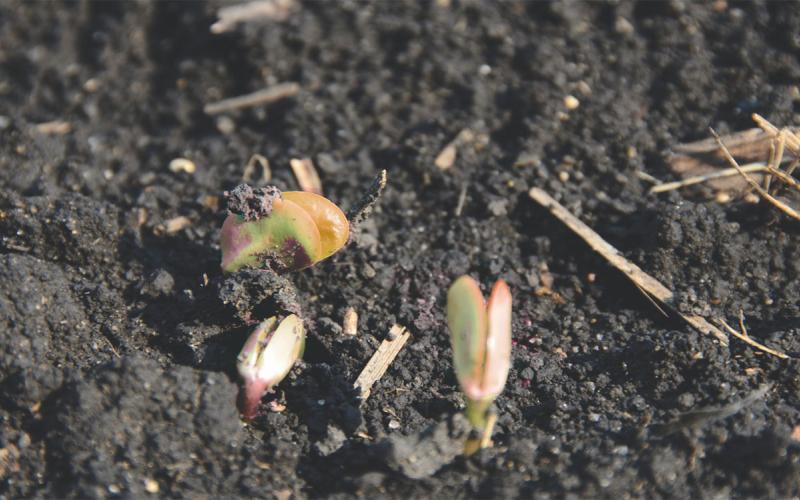
Chilling Injury
Concerned about row crop emergence due to cool spring weather? Learn what crops are most vulnerable to chilling injury and how you can mitigate risk during spring planting.
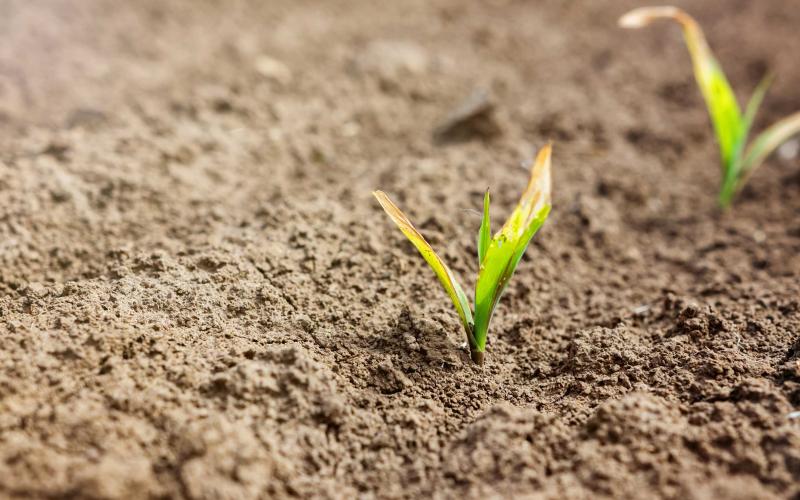
Low Temperature Damage to Corn and Soybean
Temperatures are forecast to reach 32°F or lower in large areas of South Dakota for several nights beginning on May 7, 2020. While a relatively low percentage of planted crops are likely to be emerged at this point in time, producers may still want to evaluate individual fields for crop damage.